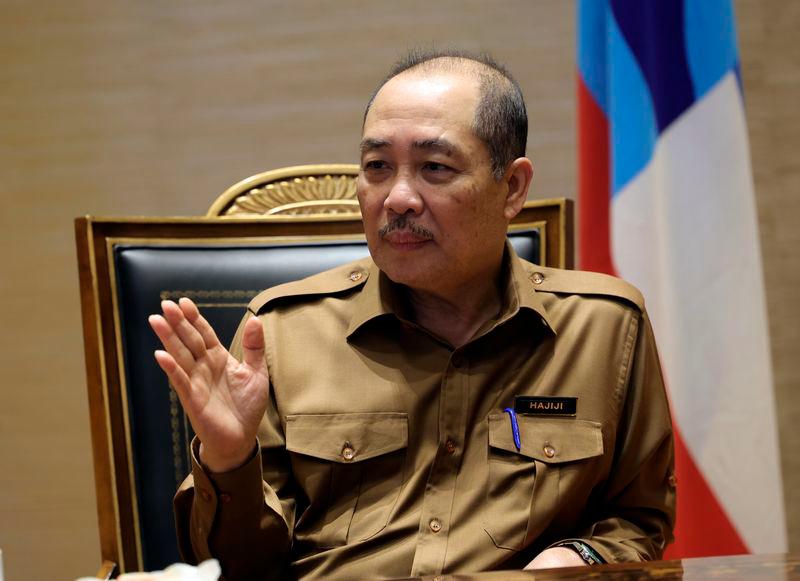KENINGAU: The federal government has approved an allocation of RM60 million for the third phase of construction at the Institut Pengajian Islam dan Dakwah Sabah (IPDAS) in Keningau to accommodate an additional 300 students.
Sabah Chief Minister Datuk Seri Hajiji Noor said the ongoing construction, slated for completion in March 2026, would enable the IPDAS Keningau Campus to accommodate a total of 700 students.
“I’m confident that with the increased student capacity, IPDAS will be equipped with adequate and well-trained lecturers and staff to ensure this project not only provides a more conducive environment for students and staff but also elevates the quality of education in Sabah.
“I fully welcome the federal government’s initiative, through the Department of Islamic Development Malaysia (JAKIM), in upgrading educational facilities in Sabah, particularly IPDAS,” he said at the 18th IPDAS Convocation Ceremony here today.
Hajiji said the convocation ceremony symbolises IPDAS’s success in producing knowledgeable and devout graduates comparable to other higher education institutions (IPT) in the country.
He also expressed confidence that IPDAS, as an IPT under JAKIM, can produce a highly educated ‘Rabbani’ generation and develop competent human capital to serve as professional preachers within the community.
Hajiji also invited investors to explore opportunities in Sabah to boost economic growth and create job prospects for the youth.
He said this initiative would provide local youths access to various forms of training, including skills development, while promoting the transfer of advanced technology to benefit the people of Sabah.
“This is aimed at human capital development and the advancement of the state’s economic sector, as outlined in the Sabah Maju Jaya development plan championed by the state government,” he added.
The Chief Minister reaffirmed that the Sabah government is committed to ensuring that the state’s youth can pursue higher education through various initiatives in line with the goal of prioritising educational development to produce competitive, skilled and high-quality human capital.
“Only through knowledge, skills and higher education can our children compete, succeed and contribute to the development of society and Sabah,” he said.









